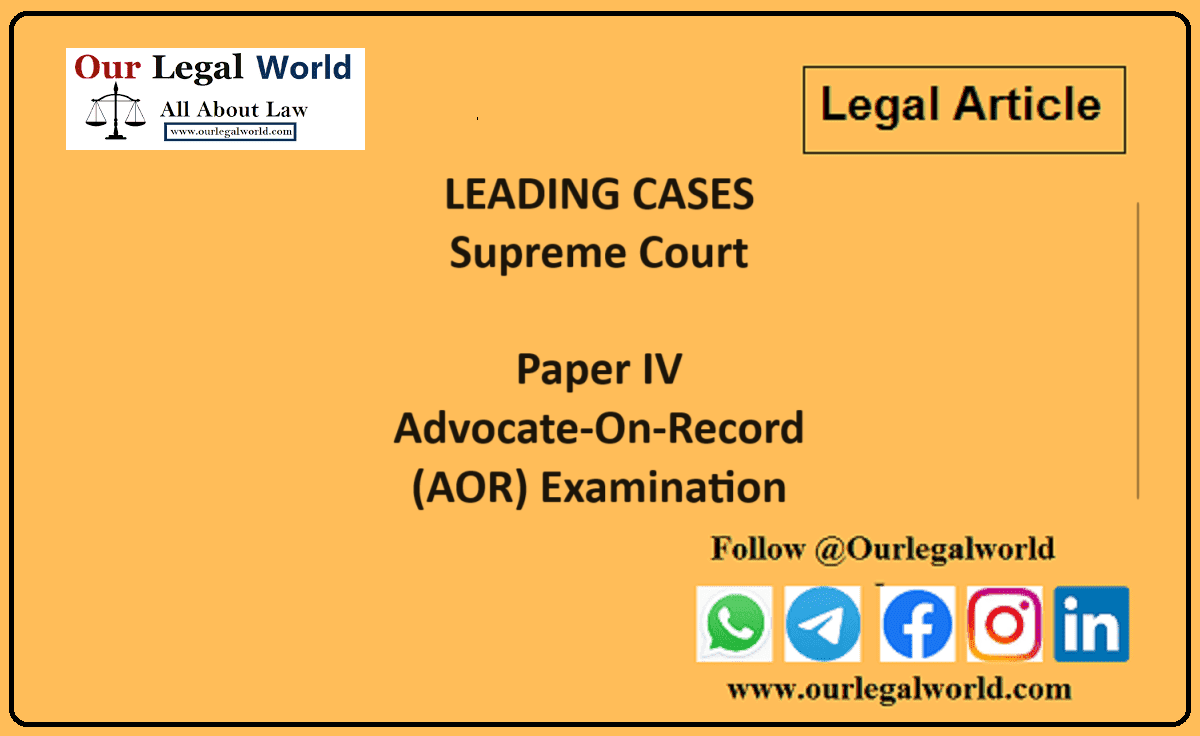Key Legal Tips Everyone Should Know: Understanding Serious Offenses
Navigating the legal landscape can be daunting for many, especially when it involves understanding the complexities of serious offenses. Such knowledge is not just crucial for legal professionals but for everyone, as it can significantly impact personal and professional lives. This comprehensive guide aims to shed light on key legal tips related to serious offenses, offering insights and solutions to common problems people may face. By demystifying these issues, individuals can make informed decisions and protect their rights effectively.
The Spectrum of Serious Offenses
Serious offenses encompass a wide range of criminal activities, from violent crimes to financial fraud. Understanding the categorization of these offenses is crucial, as it determines the severity of the penalties and the legal recourse available. For instance, crimes can be classified as misdemeanors or felonies, with felonies carrying more severe consequences. Recognizing the nature of an offense can provide a foundational understanding of the potential legal implications and the importance of seeking competent legal advice.
The Role of Intent in Criminal Liability
One of the key aspects of criminal law is the concept of intent. The legal system differentiates between actions committed intentionally, recklessly, or negligently, significantly affecting the outcome of a case. Understanding how intent impacts criminal liability can help individuals grasp the seriousness of charges against them or others. This knowledge is particularly important in cases where the differentiation between an accident and intentional harm could mean the difference between acquittal and conviction.
Navigating the Legal System
For those facing charges or involved in legal disputes related to serious offenses, navigating the legal system can be overwhelming. Key tips include understanding your rights, such as the right to remain silent and the right to legal representation. It’s also vital to comprehend the legal process, from arraignment to trial, and the potential for plea agreements or alternative sentencing options. Familiarizing yourself with these aspects can demystify the legal process and reduce anxiety.
The Impact of Serious Offenses on Future Opportunities
The ramifications of being convicted of a serious offense extend beyond legal penalties. Such convictions can affect employment opportunities, professional licensing, and even housing options. It’s important to understand the long-term consequences of a conviction and the potential for expungement or sealing of records in certain jurisdictions. This awareness can motivate individuals to seek the best possible legal defense and to explore all available avenues for mitigating the impact of a conviction.
Legal Defense Strategies
Mounting an effective legal defense is crucial when facing charges for serious offenses. Defense strategies may include challenging the evidence, arguing self-defense, or negotiating plea deals. Each case is unique, and a tailored defense strategy can make a significant difference in the outcome. Engaging a skilled defense attorney who understands the nuances of the law and the specifics of your case is essential.
When it comes to understanding the gravity of physical altercations and their legal consequences, many wonder, is battery a felony? The answer varies by jurisdiction and depends on factors such as the severity of the injury, the use of weapons, and the victim’s status. Battery can be charged as a misdemeanor or a felony, highlighting the importance of legal expertise in navigating these charges. This distinction underscores the complexity of legal classifications and the need for professional guidance in understanding and addressing serious offenses.
Also Read: COPYRIGHT INFRINGEMENT IN INDIAN CONTEXT: OFFENCE AND IMPLICATIONS
The Importance of Legal Representation
Securing experienced legal representation is paramount when dealing with serious offenses. An adept attorney not only navigates the complexities of the law but also advocates on your behalf, ensuring your rights are protected throughout the legal process. They can offer strategic advice, negotiate with prosecutors, and present a compelling defense in court. The right legal counsel becomes your most valuable ally, transforming intricate legal challenges into manageable obstacles and significantly influencing the outcome of your case.
Conclusion
Understanding serious offenses and their implications is essential for protecting your rights and navigating the legal system effectively. By grasitating the categorization of crimes, the role of intent, the nuances of the legal process, and the long-term consequences of convictions, individuals can better prepare themselves for the challenges they may face. Furthermore, recognizing the importance of a robust legal defense and the expertise of seasoned attorneys is crucial in confronting serious charges. Armed with these insights, everyone can approach legal matters with greater confidence and clarity, ensuring they are well-equipped to protect their interests in the face of serious offenses.







![Tax Law Internship at Legum Attorney [Chamber of Ashish Panday], Delhi : Apply by 15th May 2025](https://www.ourlegalworld.com/wp-content/uploads/2025/05/IMG_0113-min.png)

